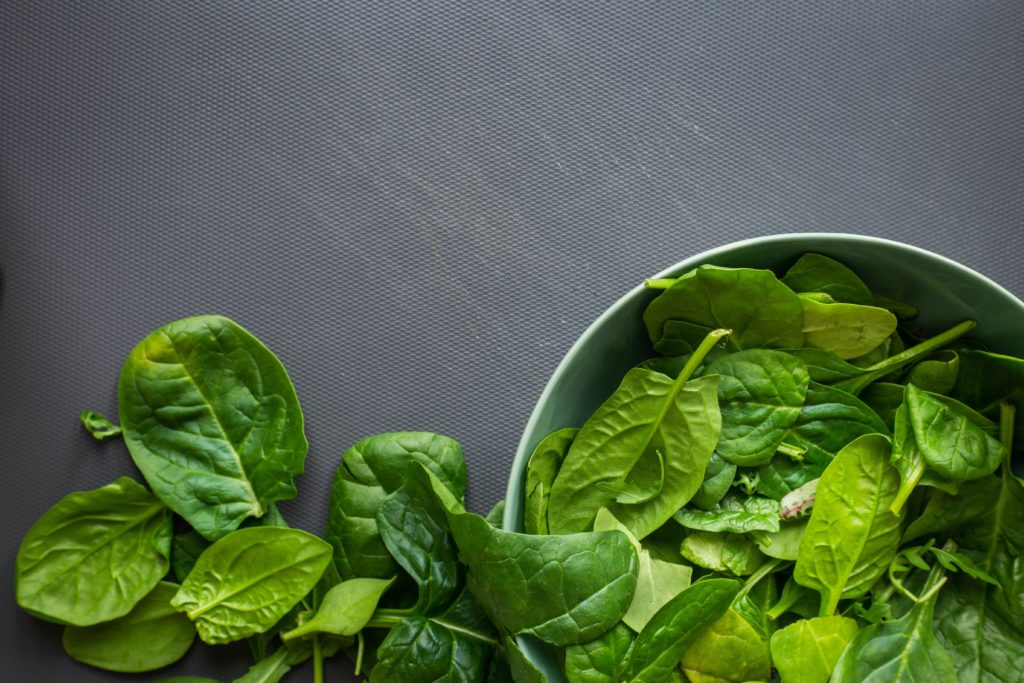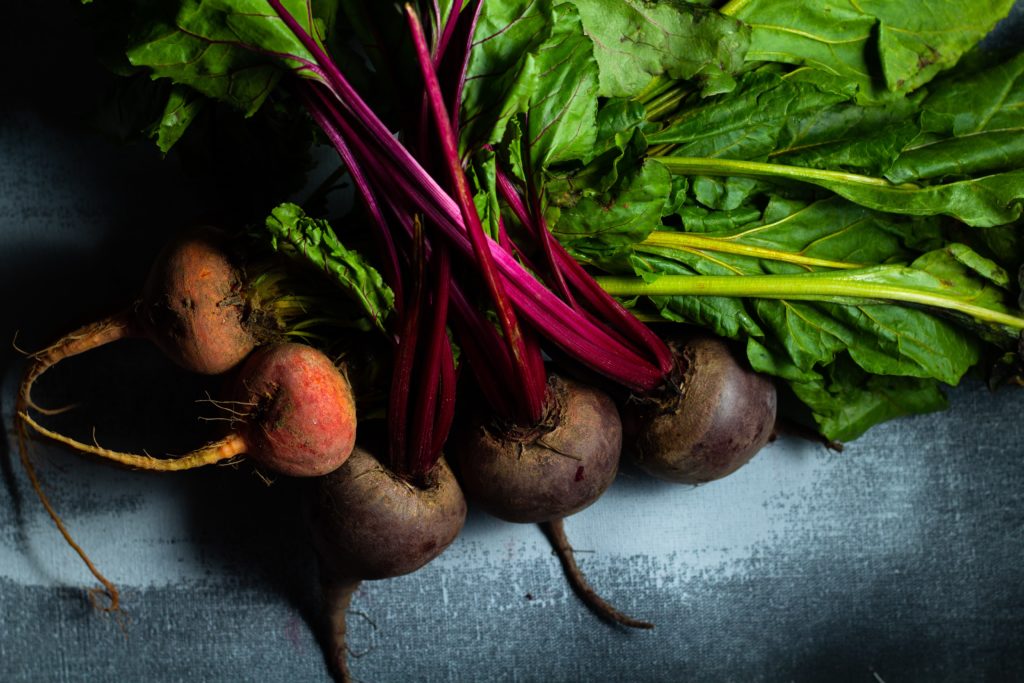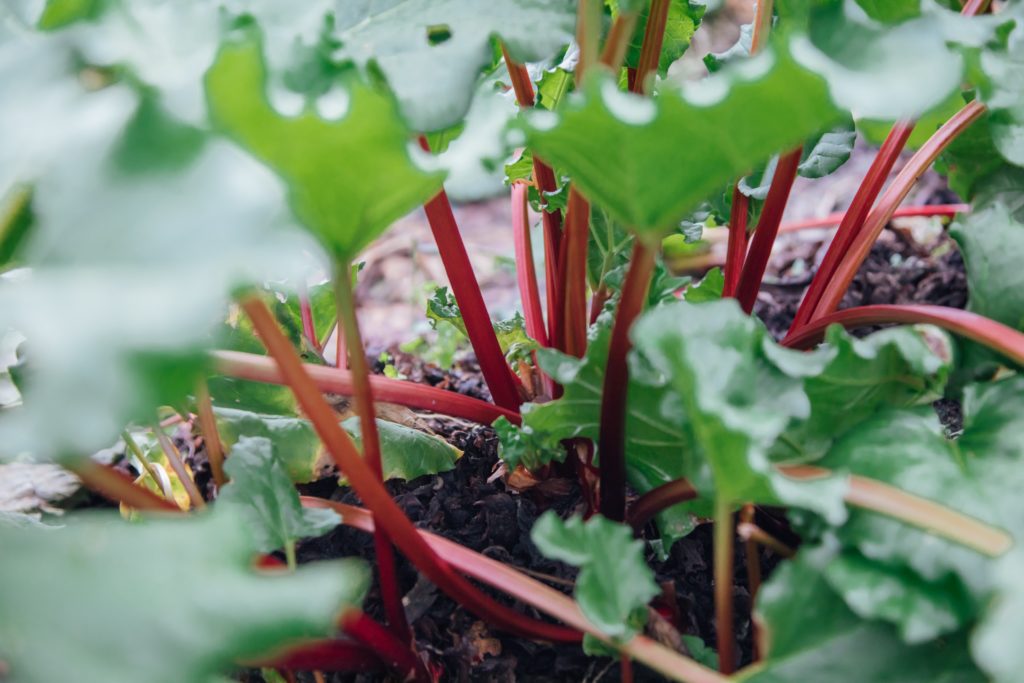Do you know what foods to avoid if you want to prevent kidney stones? If not, you’re not alone. Many people are unaware of the link between food and kidney stones. In this article, we will discuss the most common foods that cause kidney stones. We will also provide tips on how to reduce your risk of developing these painful stones.
Kidney Stones
The kidney is hardened mineral deposits that form in the kidneys. These stones can cause severe pain and blockage of the urinary tract. There are many different types of kidney stones, but the most common type is made up of calcium oxalate.

Types Of Kidney Stones
The types of kidney stones are as follows:
- Uric Acid Stones: These stones form when there is too much acid in the urine.
- Calcium Stones: This is the most common type of kidney stone. They can be made up of calcium oxalate, calcium phosphate, or struvite.
- Struvite Stones: These stones form in response to an infection, such as a urinary tract infection.
- Cystine stones: These stones form in people with a genetic disorder that causes too much cystine to be excreted in the urine.
There are many different factors that can contribute to the formation of kidney stones. However, the most common cause is a diet that is high in certain minerals, such as calcium, oxalate, and phosphate. Other risk factors include dehydration, obesity, and certain medical conditions.
Food Causing Kidney Stones
The following are the most common foods that cause kidney stones:
- Animal Protein
- Sodium
- Dairy Product
- Oxalate-rich foods
- Phosphorus-rich foods

Animal Protein
Animal protein is high in purines, which can increase the risk of uric acid stones.
Sodium
A high sodium diet can increase the risk of calcium stones.
Dairy Products
Dairy products are a major source of calcium. A high intake of dairy can contribute to the formation of calcium stones.
Oxalate-Rich Foods
Foods with a lot of oxalates, such as spinach and rhubarb, can increase the risk of calcium oxalate stones. The oxalate-rich foods are as follows:
- Spinach
- Rhubarb
- Beets
- Nuts
- Chocolate
- Tea
- Wheat Bran
Phosphorus-Rich Foods
A high intake of phosphorus can increase the risk of calcium phosphate stones. Phosphorus-rich foods are as follows:
- Meats and poultry
- Fish and seafood
- Eggs
- Dairy products
- Nuts
- Seeds
Reducing The Risk Of Kidney Stones
There are several things you can do to reduce your risk of developing kidney stones. The most important thing is to drink plenty of fluids, particularly water. You should also avoid foods that are high in oxalates, sodium, and phosphorus. If you are overweight, you should try to lose weight. Finally, if you have a family history of kidney stones, you should talk to your doctor about ways to reduce your risk.

Tips To Prevent Kidney Stones
Drink plenty of fluids: Water is the best choice, but you can also drink fruit juices, sports drinks, and herbal teas.
Avoid high-oxalate foods: These include spinach, rhubarb, beets, nuts, chocolate, tea, and wheat bran.
Reduce sodium intake: Limit your intake of salt and salty foods.
Eat calcium-rich foods: Calcium helps to bind oxalates in the intestine so that they are not absorbed into the body. Good sources of calcium include dairy products, leafy green vegetables, and tofu.
Talk to your doctor: If you have a family history of kidney stones or other risk factors, your doctor may recommend medications or other treatments to help prevent stone formation.
You can reduce your risk of developing kidney stones by drinking plenty of fluids, avoiding foods that are high in oxalates, sodium, and phosphorus, and losing weight if you are overweight. If you have a family history of kidney stones or other risk factors, your doctor may recommend medications or other treatments to help prevent stone formation.
Dietary Recommendations
If you are at risk of developing kidney stones, there are some dietary changes that you can make to reduce your risk. First, you should drink plenty of fluids every day. This will help to dilute the minerals in your urine and prevent them from forming stones. You should also avoid foods that are high in oxalates, sodium, and phosphorus. Finally, you should try to lose weight if you are overweight.
If you are at risk of developing kidney stones, there are some dietary changes that you can make to reduce your risk:
- Drink plenty of fluids every day. This will help to dilute the minerals in your urine and prevent them from forming stones.
- Avoid foods that are high in oxalates, sodium, and phosphorus.
- Try to lose weight if you are overweight.
- Talk to your doctor about medications or other treatments that may help to prevent stone formation.
Making these changes will help you reduce your risk of developing kidney stones and improve your overall health. Kidney stones can be a painful and frustrating condition, but by taking some simple precautions, you can help to prevent them.
Articles You Might Enjoy Reading



